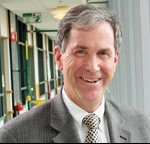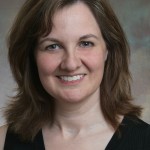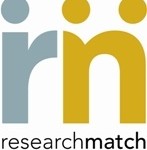Â

David Stephens, MD
Translational research has traditionally been thought of as the process of moving a discovery in one direction – from the laboratory to the patient. More recently, though, researchers have recognized the importance of community engagement in the biomedical discovery process. That’s because involving the community makes for better medical care for patients.
The Atlanta Clinical and Translational Science Institute (ACTSI)Â is a partnership of educational, research, and health care institutions that involves the community in clinical research that translates laboratory discoveries into advanced treatments for patients. The ACTSI is part of the Clinical and Translational Science Awards (CTSA) of the National Center for Research Resources (NCRR) of the National Institutes of Health.
The ACTSI’s goal of supporting more effective clinical and translational research has led to a broader definition of translation: discovering what new healthcare tools, diagnostic tests and therapies a community needs and then taking that information back to the laboratory or conducting clinical research to find ways to meet those needs.
David Stephens, MD, is principal investigator of the ACTSI. Stephens says community engagement brings together leaders who discuss the health care needs of their respective communities. Researchers can then periodically meet with leaders, and let them know what progress is being made in the laboratory.
The ACTSI also brings together laboratory scientists with clinical investigators, community clinicians, professional societies and industry collaborators in a wide variety of research projects.
The ACTSI is led by Emory University, along with Morehouse School of Medicine, the Georgia Institute of Technology, Children’s Healthcare of Atlanta, and Kaiser Permanente Georgia. Other partners include the Centers for Disease Control and Prevention, Grady Health System, the Georgia Research Alliance, Georgia Bio, the Atlanta Veterans Affairs Medical Center, and the American Cancer Society.
To hear Stephens’ own words about translational research and the ACTSI, listen to Emory University’s Sound Science podcast.
Posted on
September 1, 2009 by
admin
in Uncategorized






 If you’d like to consider joining a clinical trial, a new secure website will make it easier.
If you’d like to consider joining a clinical trial, a new secure website will make it easier. 